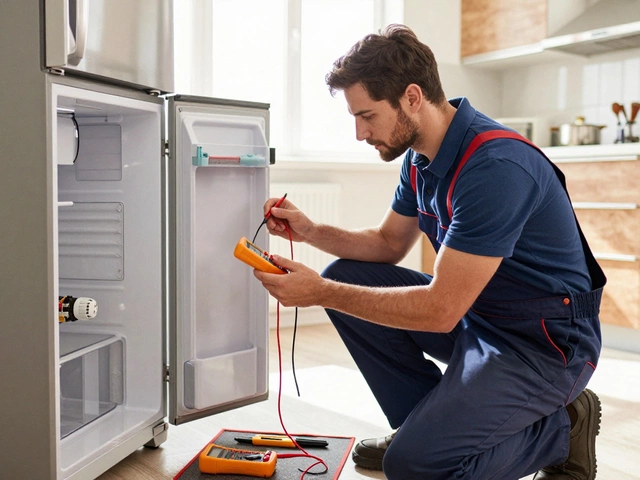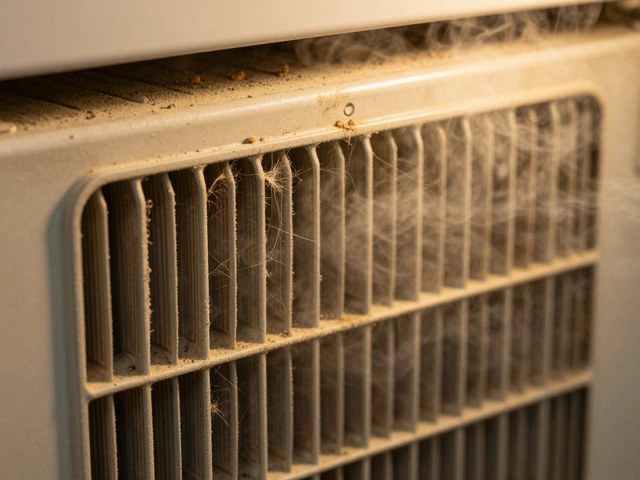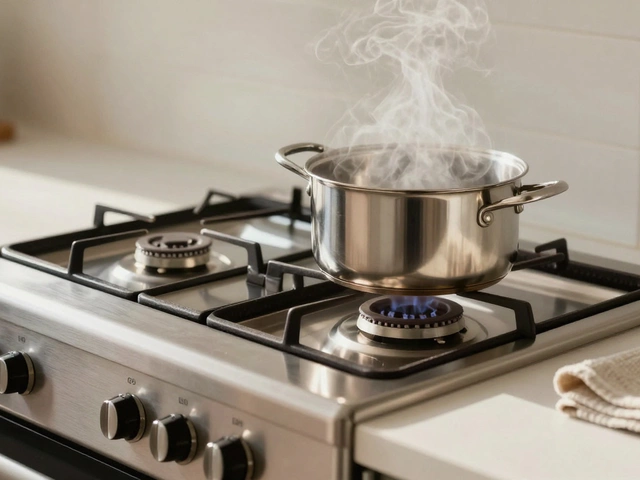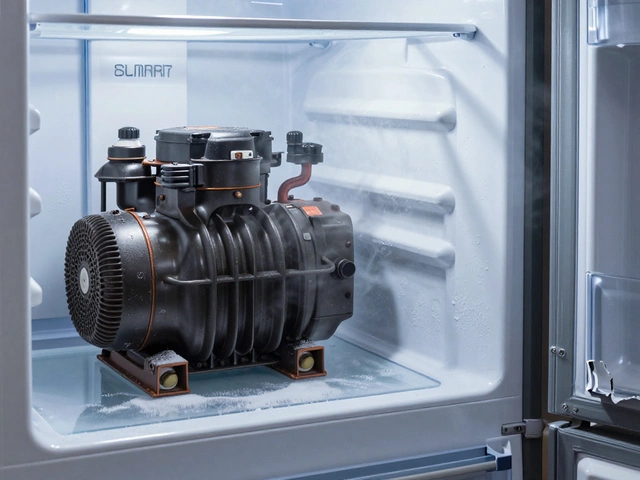Cost‑Effective Solutions for Appliance Repairs
Got a leaky dishwasher, a fridge that won’t cool, or a boiler that’s acting up? You don’t have to splurge on a brand‑new unit every time something breaks. Below you’ll find straight‑forward tips that help you decide the cheapest route and give you DIY steps that actually work.
When to Repair vs. Replace
First, figure out if the fix is worth the cost. A good rule of thumb is the 50 % rule: if the repair bill is less than half the price of a new appliance, repair it. For a 7‑year‑old oven, many parts cost under £100, so fixing it usually beats buying a new one. On the other hand, a 15‑year‑old boiler often needs major parts that push the price above that 50 % line, making replacement smarter.
Look at the age and usage. A washing machine that’s lasted 10‑12 years and still runs well probably only needs a new belt or a clogged pump. A dryer that’s over 12 years old and keeps overheating is a safety risk – replace it. Checking the warranty is also key; some manufacturers cover parts for up to five years, which can tip the scale toward repair.
DIY Fixes that Save You Money
Many common faults are easy to spot and fix yourself. If your fridge isn’t cooling, start by cleaning the coils at the back – dust builds up fast and makes the compressor work harder. A clogged dryer lint filter or vent can cause it to overheat; cleaning those parts usually restores performance.
For ovens, a faulty heating element is a frequent culprit. You can order the exact part online, unplug the oven, and swap the element in under an hour. The same goes for dishwasher drainage issues – often a simple clean‑out of the filter and the hose solves the problem.
Water heaters also have quick fixes. If the reset button trips repeatedly, it might be a loose heating element or a broken thermostat. Turn off power, inspect the element with a multimeter, and tighten any loose connections. When you’re unsure, a short call to a local technician can save you from costly mistakes.
Boiler maintenance is another area where a little effort goes a long way. Flushing the system once a year removes sludge that reduces efficiency, cutting fuel bills. The process is simple: attach a socket to the drain valve, let the water run, and then refill. Many homeowners do this themselves and see a noticeable drop in heating costs.
Remember to keep a small toolbox with essentials – screwdrivers, pliers, a multimeter, and a set of replacement gaskets. Having the right tools on hand means you won’t have to wait for a professional just to get a screwdriver.
Finally, don’t ignore the power of regular maintenance. A quick check of seals on your fridge, cleaning the oven’s fan, and testing the dryer’s thermostat every few months can prevent big breakdowns. Small habits add up to big savings.
By weighing repair costs against replacement prices, tackling simple fixes yourself, and staying on top of routine care, you can stretch the life of almost every home appliance. Your wallet will thank you, and you’ll avoid the hassle of rushing to buy a brand‑new unit at the last minute.
Is a 7-Year-Old Washing Machine Worth Fixing?
- Alden Wilder
- Mar 6 2025
- 0 Comments
Deciding whether to repair or replace a 7-year-old washing machine involves weighing costs, potential lifespan, and energy efficiency. This article explores key considerations in making the best choice for your laundry routine and budget. From understanding average repair costs to newer technology benefits, gain insights to help make an informed decision. Plus, get tips on assessing your machine's current condition. Read on to see if your trusty washer deserves another spin or if it's time for an upgrade.
View MoreIs It More Cost-Effective to Fix or Replace Your Refrigerator?
- Alden Wilder
- Nov 28 2024
- 0 Comments
Deciding between repairing or replacing a refrigerator can be a challenging choice for homeowners. This article delves into the various factors that can influence this decision, including the age of the appliance, repair costs, and potential energy savings. It provides insights and practical tips to help you weigh the financial implications and advantages of each option. Learn how to make an informed choice that best suits your needs and budget. Discover key indicators that signal when it's time to let go of your old fridge.
View More





